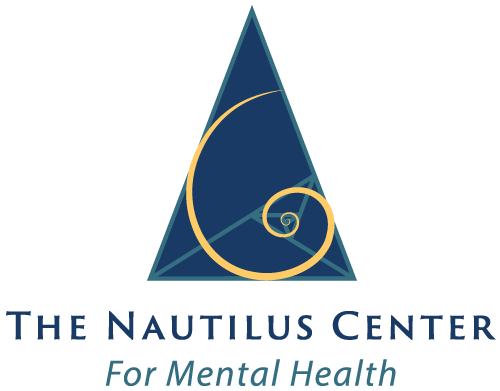Teen peer support is an invaluable resource for any adolescent going through substance abuse or mental health recovery. This type of supportive function reinforces good choices for teens by offering compassionate companionship and understanding during challenging times. Peer support specialists specifically, as individuals with lived experience, provide empathetic guidance and encouragement to peers. These specialists play an especially vital role in the recovery process, offering unique insights and empathy that professional caregivers may not possess.
Why is Peer Support for Teens So Important?
Teens value their peers for several reasons, including shared experiences, mutual understanding, and nonjudgmental support. Peer interactions foster a sense of belonging and acceptance, which are essential for adolescent development. Positive peer relationships can have a profound impact on social outcomes for teens, influencing their self-esteem, confidence, and overall well-being.
In recovery, peer support plays a crucial role in promoting sustained sobriety and preventing relapse. Peers provide accountability, encouragement, and practical strategies for coping with triggers and cravings. The shared experience of recovery creates a bond among peers. Thus strengthening their commitment to supporting each other through the ups and downs of recovery.
Peer support in recovery offers a unique form of understanding and validation that professional interventions may not fully capture. Peers can empathize with the challenges of addiction and recovery in a way that fosters trust and camaraderie. This shared understanding creates a safe and supportive environment where teens feel comfortable sharing their struggles and seeking guidance from others who have walked a similar path.
Peer Support Specialists
Peer support specialists undergo specialized training to provide effective support to their peers. They learn communication skills, active listening techniques, and strategies for providing empathetic guidance. Peer support specialists receive training on boundaries, ethics, and crisis intervention to ensure effective navigation through complex situations, providing appropriate support.
Peer Support Groups
Teens often find it easier to open up to their peers about their struggles and challenges than to adults or professionals. Peer support groups offer a nonjudgmental space where teens can share experiences, offer support, and receive validation from others who understand what they’re going through. This sense of connection and understanding can be incredibly empowering and validating for teens in recovery.
Positive peer interactions can have a ripple effect, influencing not only individual outcomes but also the broader social environment. When teens support each other in recovery, they create a culture of empathy, compassion, and mutual support within their communities. For teens struggling with addiction, this positive social environment can promote healthier behaviors. Also reducing stigma, and increasing access to support services.
Peer support groups provide a forum for teens to share coping strategies, resources, and experiences that have helped them in their recovery journey. This collective wisdom and support can be incredibly empowering and motivating for teens who may feel isolated or overwhelmed by their struggles. Peer support groups also offer a sense of community and belonging that can help teens build meaningful connections and friendships outside of their recovery journey.
Peer Support for Teens in Recovery
Creates Community
Peer support in recovery is not only beneficial for teens but also for the peer supporters themselves. By helping others navigate their recovery journey, peer support specialists gain a sense of purpose, fulfillment, and connection. Peer support can also enhance the peer supporters’ own recovery by reinforcing positive coping skills, fostering self-awareness, and deepening their understanding of their own experiences.
Teen peer support plays a vital role in promoting recovery, fostering resilience, and building a supportive community for adolescents struggling with addiction. Peer support specialists offer compassionate guidance and understanding, creating a safe and nonjudgmental space for teens to share their experiences and support each other. Positive peer interactions can have a profound impact on social outcomes for teens, promoting healthier behaviors, reducing stigma, and increasing access to support services. Through peer support in recovery, teens can find strength, connection, and hope on their journey to sustained sobriety and well-being.
We are lucky to have great Peer Support Specialists and ongoing groups available for all adolescent age groups here at The Nautilus Center. Recovery Coaching, Peer Support, and Peer Support Groups are only a few of the ways we work to build a healthy and supportive environment for our clients and community. In addition to these resources we offer a great variety of therapeutic options for mental health care, dual diagnosis, and substance use disorder treatment specifically for adolescents. If you are looking to find out if any of these types of resources would be a benefit to your teen’s life please don’t hesitate to reach out. We work hard to make sure we provide options for treatment and recovery that are easily accessible and impactful on young people. We believe in what we do and would love to answer any questions you may have. Please contact our team today!


